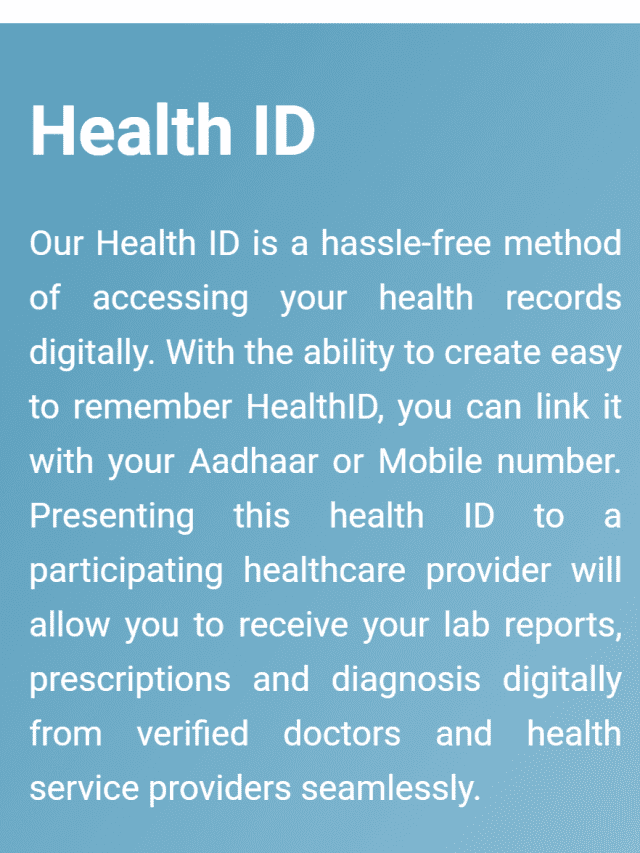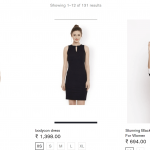Why It’s Important to Write About Yourself in a Marriage Biodata?
If you’re a trans woman, there is a huge amount of pressure to make your biodata as cisgender as possible. In order to do that, you need to be careful about how it is presented to the world.
All of us are guilty of this at some point in our lives — we want to present ourselves in the most positive light. Yet there are no rules for what constitutes an “acceptable” presentation of your gender identity and how you should portray yourself on social media. It’s a minefield out there and unfortunately, if you’re trans and transgender — or have ever been — it can get pretty complicated!
If you are going to promote yourself in any way (say, on your blog or website), make sure that you have some idea of what that means before you start writing about yourself.
Here is a list of things that will not be appropriate:
• Your full name; this may cause problems if your friends don’t know who they are talking to and might suggest they aren’t trans (or at least aren’t concerned enough with your reality). Your full name might also be used as evidence by employers when questioning why someone hasn’t disclosed their gender identity.
• Your place of birth; this can be enough for employment purposes but should not contain anything about your gender identity or sexual orientation.
• Your current relationship status (single, divorced/remarried, being newly-divorced/single again); please note that we are not aware of any true-blue professionals (such as those employed by divorce lawyers) who would accept marriage biodata from their clients! If you must include this information for legal purposes, please remember that it should only come from someone close enough (like family members) who would encourage disclosure if asked directly — not just because they know someone else is transgendered!
• A picture; pictures tend to lead people away from serious discussion and towards gossiping or sharing personal details. We understand why this is so easy but please remember that being depicted in an unsightly manner may cause harm and even embarrassment in certain cases.
• Language describing yourself; if your sponsor wants to see a photo – which makes it even more important to take care – we would suggest using neutral language such as “I am…a…female…from…where I came from….etc.”
Step 1: Determine What to Include in Your Marriage Biodata
I write this post to help you choose what to include in your marriage biodatas.
A good biodata is a vital inspirational factor for your marriage. It should be something you want to share with people close to you. You want them to know that you are a strong, positive and hopeful person who finds happiness and peace in the relationship you have with your spouse.
A good biodata also helps people understand what makes you think of yourself and others as a whole, and how it leads to personal fulfillment. Your self-identity comes from the relationship that you have with someone else – but it also comes from your self – and if this relationship is healthy, so will be the relationships made between yourself and other people in the future. This is why it is important for you to carefully identify what information about yourself will be included in your marriage biodata.
In general, people tend to focus on the negative things about themselves – their character traits, their weight or their age – or on how they came from an unhappy home life (because that’s where we all start from). But when it comes to discussing our deepest and darkest aspects of ourselves, there are some great tools out there which can help us do just that:
• Biodata Questionnaire
• Self-Portrait
• “Narcissism Inventory” (The Narcissistic Personality Inventory)
Step 2: Start Writing About Yourself
When it comes to your biodata, it’s easy to be a little bit self-conscious. The other person may have already filled out the form, but you might have to do so too.
If you are writing about yourself in marriage biodata, try to find a way of making the information more personal and less formulaic. If you are writing about yourself as an entrepreneur, for example, think about your strengths and weaknesses when it comes to that area. Reflect on your goals, maybe even share a few from time to time because everyone has them!
To avoid taking the wrong approach and making yourself sound like an arrogant know-it-all (like if you were described as being “lucky enough to have never made any mistakes”), don’t be afraid of being humble and don’t be afraid of admitting that not everything is going according to plan.
Step 3: Be Honest and Open in Your Writing
Writing is a very personal thing, and it’s probably best to write about your life and all the things you’re proud of (not just like you think other people would). But it’s also important to know when to hold back. You wouldn’t want to write about your daughter or your dog, but you might not want to write about yourself.
So, for example:
With Your Wife
Let me start with the most personal question I have ever been asked: “What did you do before marriage?” It was a question that made me uncomfortable because I still felt like there was something missing from my life before I met Janice. I remember thinking there had to be more to my story than what I was telling her and lying (which seemed pretty easy at the time) and felt guilty for even entertaining the thought of being upfront.
In retrospect, I should have been honest with her right away, but back then our relationship wasn’t as open as it is today. So instead of asking her directly since we were living together at the time, I tried answering my own questions in order to make it seem like she was the one who came up with our answer.
For instance: “We met in college. We didn’t even know each other then!
How did we get together? How did we get married? Why did we get divorced? What happened afterwards? What do you think about marriage now? What changes has it made for us both? Would you have changed anything if we had stayed married longer or broken up earlier or later on? We talk about these things so much! Do you think we could have gone in a different direction if we had stayed together longer or broken up sooner or later on?
And how do you feel about us now that we are getting older and maybe having kids someday? What would those changes be for us both? Do any of those questions make sense in two years when you will be 50 years old and me 40 years old…and will they still make sense then??!?!?!…can anyone guess first??!).
And she said (once on a date) “I don’t want kids but if they came along one day I would love them. But there aren’t enough kids around here so…but if they were born here they would need special care because their parents are elderly…and where else can they go??
Step 4: Use Positive Language Throughout Your Biodata
At the beginning of the process, you should try to establish a vocabulary and structure that reflects your unique personality. If you’re a risk-taker, write about how you’d like to have more control over your financial affairs. If you’re a homebody, list the things you do in your day that remind you of being at home.
But if you aren’t sure what to write about, or what’s important enough to warrant writing it down, ask someone else to do it for you!
Don’t be afraid to suggest other writers on your team do it for you too!










